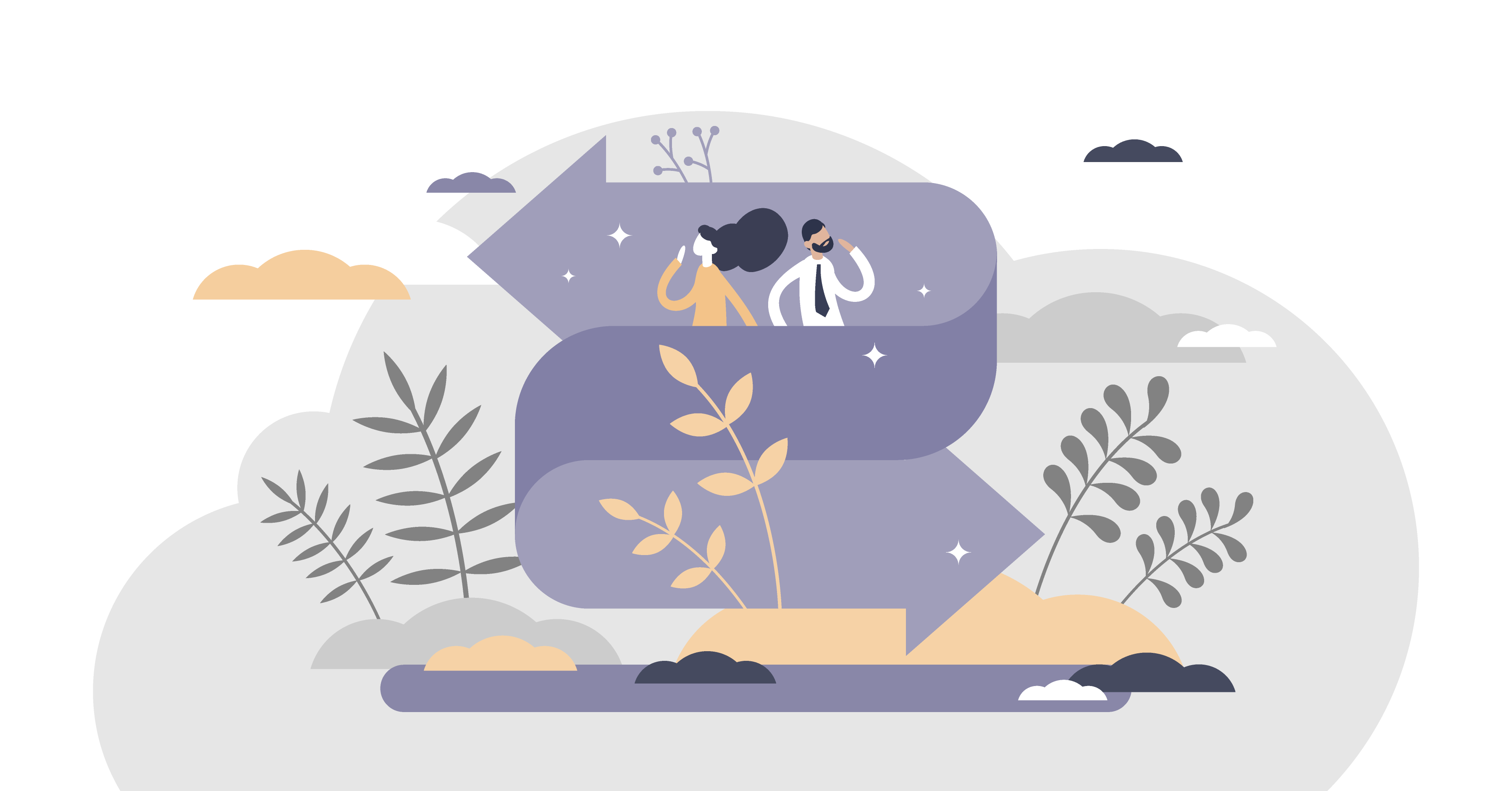Table of Contents
I can't tell you how excited I am to bring you my first writing 'product'. Well, technically a pre-order product at the time of writing! This has been hard work to put together; a 2025 summer holiday project if you will. It's amazing what 30-60 minutes here or there can do. Much like what my workbook is designed to reproduce, but on a smaller scale. 😅
Producing this workbook, is not only a time-based challenge, but also a huge personal one. I've put aside personal pride, imposter syndrome, feelings that I might be rejected, a sense of failure, a skewed sense of life's priorities ... You name it, I've probably felt it. But I love experiments and personal challenges and this has been the ultimate experiment of discomfort. I'm sitting in it right now as I write this! Every bone in my body says: don't do this! It's not worth it. You'll fail.
But I am. And I won't, because failure is not trying in the first place.
So here it is 👇🏻. Buy if you'd like. Spurn if you choose. But nothing beats the feeling of pushing past personal barriers.
What it's not
I also have to be clear on what this workbook is not. It isn't a productivity bootcamp designed to help you do more. It isn't about becoming a writing output machine or hitting punishing daily word counts. I can't tell you how to write a research paper and I'm not going to tell you how to write word perfect prose.
What I am aiming to do is to help you discover that writing can be joyful. I can help you see it as a way to think, explore, and play with the ideas that fascinate you every single day. It is then up to you how you wish to use that writing as a launchpad for your own journey.
It's about confidence in writing what you want to say, not how it needs to be written. That bit comes later.
🌿 Your Happy Little Guarantee
Try the guide for 14 days (after your delivery date). If it doesn't help you rediscover joy in your writing and the research process, I'll refund every penny. All I request is a little helpful feedback so I can make it better - but that's optional.
📅 Delivery
After ordering I'll send you a personal-to-you password within 3 days so you can access the guide. Meanwhile, why not connect via LinkedIn and join my newsletter 'STREAMLine':
And the all important question: how much does it cost?
You've already missed the pre-launch price; it'll only go up as I iterate and develop it over time. Here's what it will look like:
1 pre-launch copy at £7.99; 10 copies at £9.99 ... 100 copies at £???
You will be in the loop as I expand this work to other platforms e.g. eventually a printable PDF, Notion template ... along with improvements and iterations to the product.
🗺️ Where the money will go?
All money from the sales of this product will go back into developing it further, development of other products (yes, there will be more - I'm just getting started 😜), offering discounts to those less able to afford things like this, plus my own personal development with the idea of returning my experiences back to you, my lovely early supporters.
Here is a reminder of the link:

Not looking to buy right now? That's OK! I love that you have spent the time to read this page. If you have any queries or questions, please email me: annette@knowledgeecology.me
*It seems everything about him is trade-marked...
A note on how I used AI for this post, and more generally
Some of this article was written in collaboration with Claude AI (Anthropic). While the experiences, insights, and core content are entirely my own, I used Claude to help structure the piece, refine the flow, and optimize it for clarity. Spelling and grammatical errors are entirely my own😜 Claude helped analyse drafts for readability and suggested organizational improvements, much like a skilled editor would. All examples and personal experiences remain authentic and drawn from my PhD journey. I believe in being transparent about AI usage while maintaining the genuine, human perspective that makes this writing valuable.








Comments